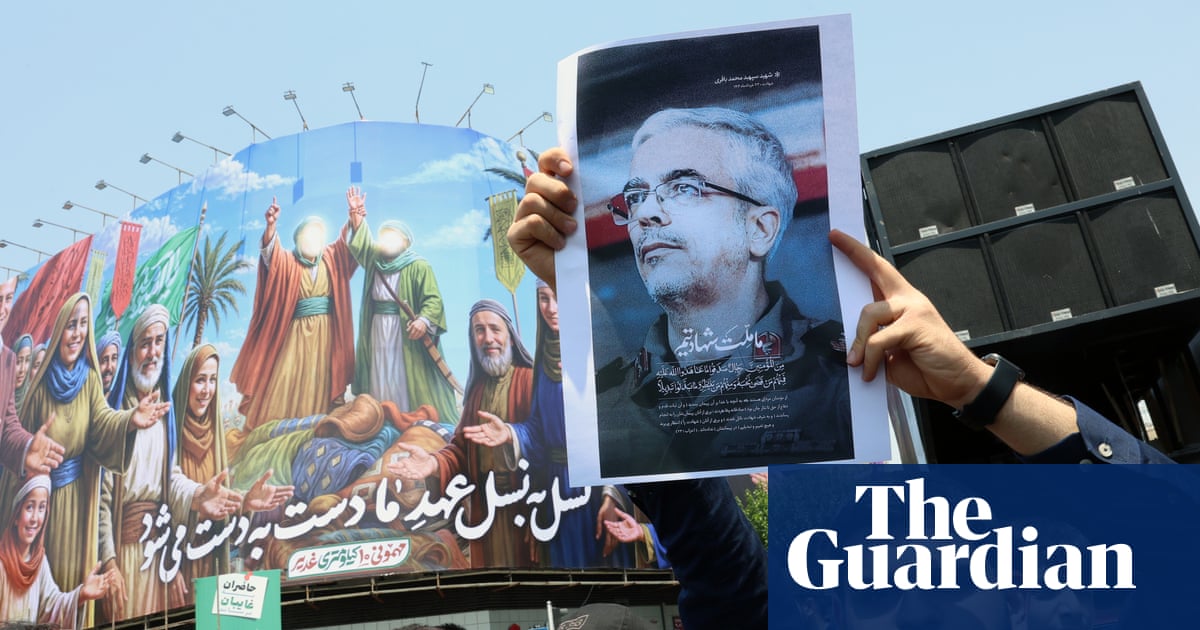Iran has pledged to retaliate after recent attacks on its military leaders and nuclear sites. The country’s supreme leader, Ayatollah Ali Khamenei, warned of “severe punishment” for those responsible, claiming that residential areas were targeted in the strikes.
In response to these attacks, Iran purportedly launched over 100 drones toward Israel. Israel’s defense systems intercepted many of them, while neighboring nations like Iraq and Jordan reported similar encounters. This confirms a significant escalation in military tensions in the region.
The Iranian government condemned Israel’s actions, branding them as acts of terrorism and a blatant violation of international law. The situation has raised concerns that Iran may also respond by targeting U.S. military sites in the Middle East, suspecting that the U.S. had prior knowledge of or even supported the strikes.
Recent strikes resulted in the deaths of high-ranking military figures, including General Hossein Salami, the commander of the Revolutionary Guards, and notable nuclear scientists. Reports indicate extensive damage across Tehran, with various residential buildings hit.
Historically, such conflicts have often spiraled quickly into larger confrontations. For example, during the Gulf War, tensions escalated rapidly, leading to widespread military engagement. A review of the past may suggest that the current conflict could follow a similar pattern, especially if Iran feels further cornered.
Iran’s foreign minister was recently attending a security conference in Oslo, exploring potential discussions with U.S. officials. Yet, the attacks have cast doubts on the future of diplomatic relations. The planned negotiations were expected to address Iran’s uranium enrichment projects, which the country insists are for peaceful purposes.
A recent report to the International Atomic Energy Agency noted that while there are no conclusive signs of Iran moving toward a nuclear weapon, the situation remains complex. The Iranian leadership argues that its intentions have been misunderstood and that its nuclear program is a legitimate sovereign right.
As tensions rise, social media reactions show a mix of fear and defiance among Iranian citizens, emphasizing the uncertainty of what might come next. This atmosphere could influence internal politics, with citizens urged to focus on official communications and ignore rumors.
Additionally, experts believe that this escalation could push Iran to advance its nuclear program further as a deterrent. According to some analysts, the strikes might even backfire, solidifying Iran’s resolve to develop its capabilities.
In light of these events, the international community watches closely, understanding that the ramifications of this conflict could resonate far beyond the Middle East. Countries are weighing their responses, balancing diplomatic discourse against the backdrop of increasing military might in the region.
Source link





















